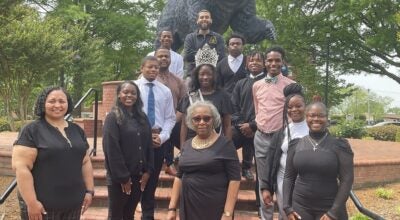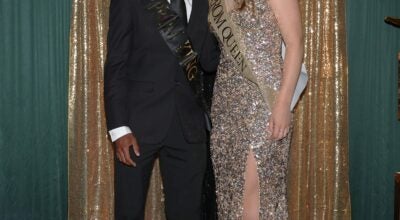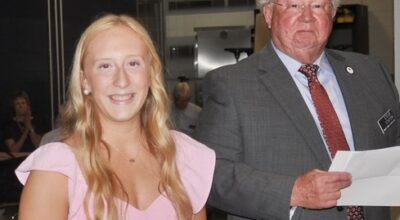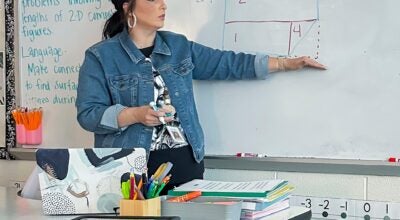Five Catawba science students win Yarbrough research grants
Published 12:00 am Thursday, March 2, 2017
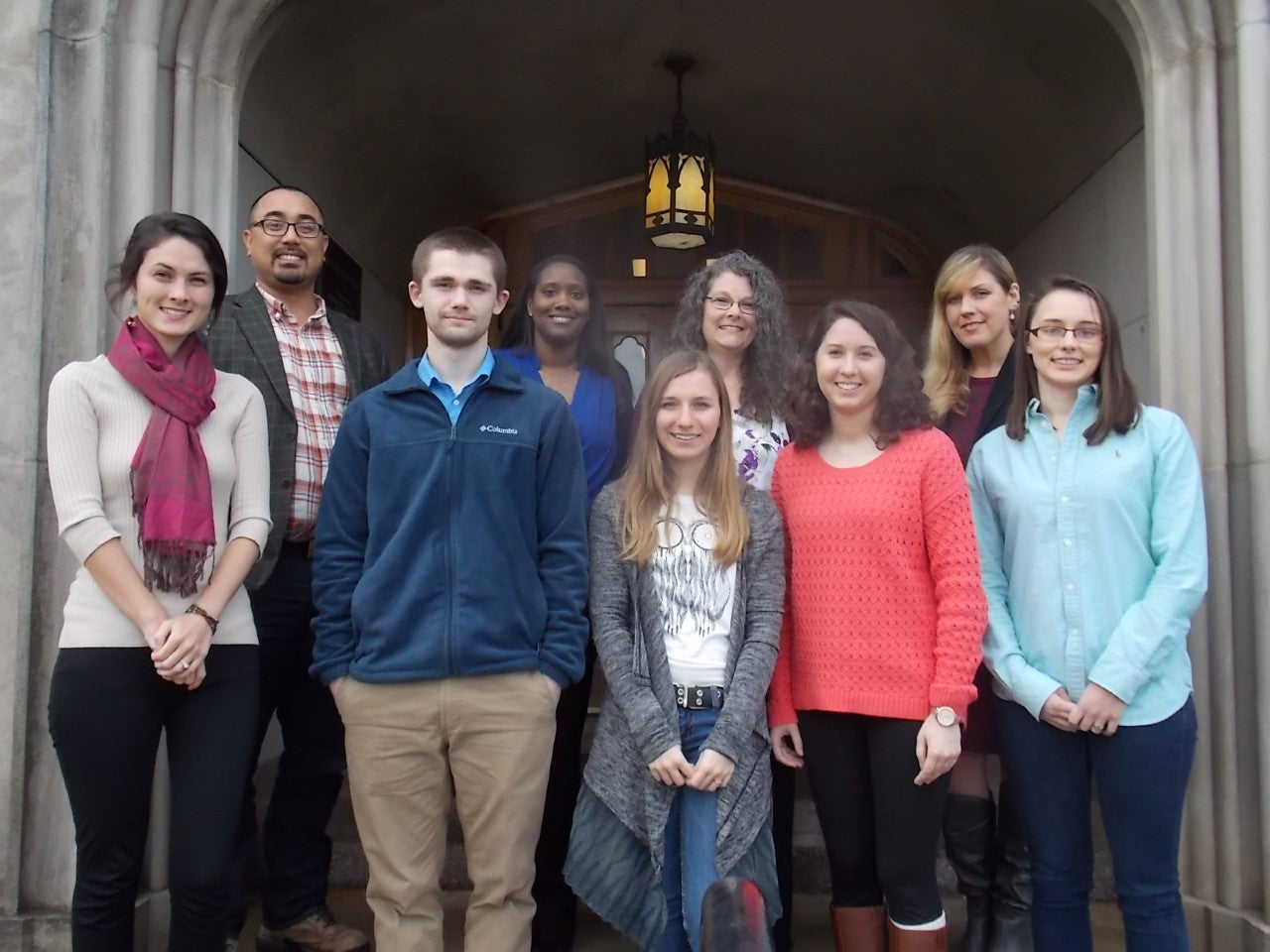
- From left to right, Elizabeth Howard, Jay Bolin, Charles Hutton, ChaMarra Saner, Julianna Herriven, Sue Calcagni, Samantha Miller, Carmony Hartwig and Jordan Hunt. Janet Waggoner/Catawba College
By Shannon Garrick
For Catawba College
SALISBURY — Catawba College students recently won five of the seven Yarbrough Research grants awarded for 2016-2017.
Every spring, many science students take the course biological research methods where they learn about the practice of science in a biological context. In the class, students explore statistical methods, grant writing, and interpreting and critiquing peer-reviewed scientific articles.
Along with learning about research, students write a research proposal on a topic of their choice and are encouraged to apply for research funding through the Yarbrough Research Grant via the North Carolina Academy of Sciences.
As part of the course, each student identifies a faculty member to advise them in the preparation of their proposal and to serve as their research mentor.
“One of the most satisfying aspects of the class is guiding a student from a rough research idea to a funded research project,” Dr. Carmony Hartwig, an assistant professor of biology and frequent instructor of class, said.
Catawba College science students won five of the seven Yarbrough Research Grants awarded in 2016-2017. The five Catawba College science students who received the 2016-2017 Yarbrough Research Grant include: Julieanna Herriven, a junior environmental science major; Elizabeth Howard, a senior biology and environmental science double major; Jordan Hunt, a junior biochemistry major; Charles Hutton, a senior biology major and Samantha Miller, a senior biology major. Their research proposal titles and Catawba College faculty mentors are shared below:
Julieanna Herriven, “The effects of vibrations on the recruitment of stingless bees,” with faculty advisor Dr. Sue Calcagni; Elizabeth Howard, “Can mosquito larvae serve as an effective biosensor for mercury in aquatic systems?” with faculty advisor Dr. Sue Calcagni; Jordan Hunt, “Evaluating effects of temperature on nitrosamine concentration in locally raised and processed meats using HPLC methods,” with faculty advisor Dr. ChaMarra Saner; Charles Hutton, “Evaluating the optimum lighting and health conditions for marimo moss balls in culture,” with faculty advisor Dr. Jay F. Bolin and Samantha Miller, “Exploring the effects of commercially available artificial sweeteners on gut-associated microbial community dynamics,” with faculty advisor Dr. Carmony Hartwig.
Students receiving the Yarbrough Research Grant are required to present their research at a future North Carolina Academy of Sciences Meeting (NCAS) and are encouraged to publish their research in the Journal of the North Carolina Academy of Sciences.
The 114th NCAS meeting will be held in March at High Point University and numerous Catawba College students from across campus plan to attend and present their research.


